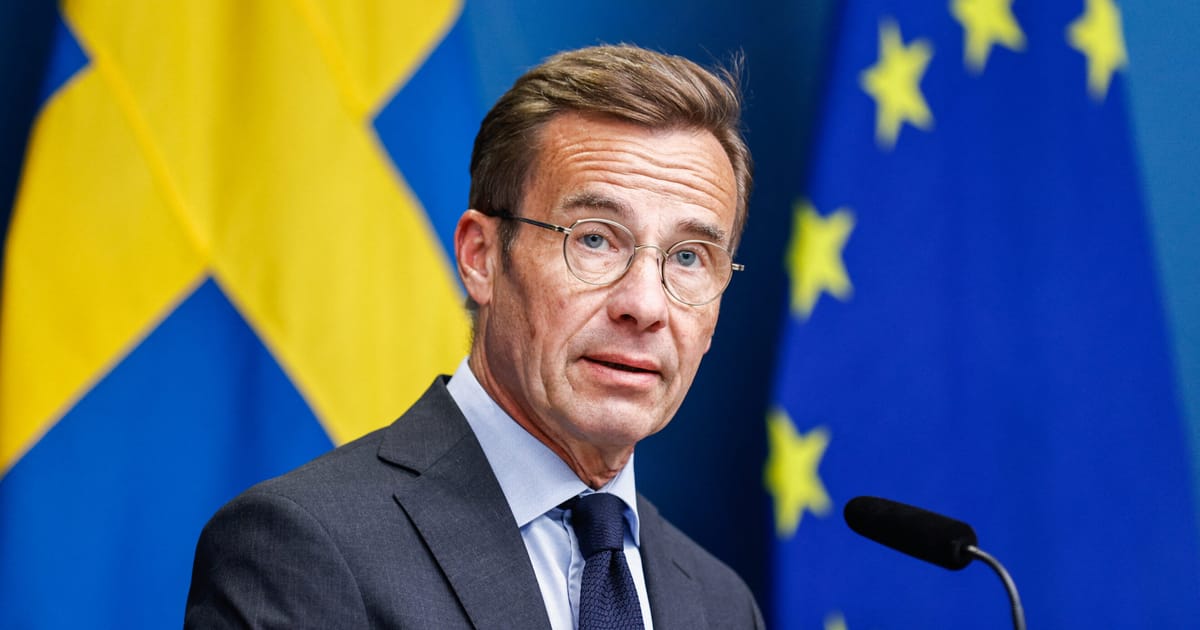

In a week marked by significant political shifts, Ukraine and Myanmar have each taken steps that reflect the distinct challenges and narratives defining their current trajectories. Both countries, each grappling with its own set of complexities, are making headlines. Ukraine has been praised for reinforcing the independence of its anti-corruption bodies, while Myanmar’s decision to end its state of emergency as it gears up for elections has sparked varied reactions.
In Ukraine, a wave of public protests has brought about meaningful legislative change. Following substantial backlash and protests from civil society against a bill that curtailed the powers of anti-corruption bodies, Ukraine’s President Volodymyr Zelenskyy and the national parliament made a decisive U-turn. On Thursday, July 31st, a new law was passed restoring independence to these critical governmental bodies. President Zelenskyy underscored the importance of this decision by stating, “It is important the state listens to public opinion.” The parliamentary vote saw overwhelming support with 331 votes in favor and none against, signaling a robust consensus on the necessity of maintaining checks and balances in governance.
This legislative reversal follows last week’s contentious law, which ignited widespread street protests, marking the largest demonstrations since the Russian invasion over three years ago. Ukrainians from various cities rallied together, echoing the sentiment that “the people are the power” to ensure their voices were heard. Throughout Kyiv, the atmosphere was one of cautious optimism, even as the threat of ongoing conflict loomed large with reports of increased drone and missile attacks on the city earlier in the week. Despite these challenges, Ukrainian citizens have shown resilience, pushing back against perceived injustice and driving positive democratic reform.
On the other side of the Asia-European continent, Myanmar has taken a notable, albeit controversial, step in concluding its state of emergency. The junta, which has been in control since deposing Aung San Suu Kyi’s civilian government in February 2021, is preparing for elections scheduled for December. The end of the state of emergency comes amid widespread criticism that the forthcoming elections are designed to legitimize the military’s ongoing rule, with numerous opposition groups vowing to boycott the polls, labeling them a “fraud.”
The cessation of the emergency state also aims at paving the way for an electoral process that remains under close international scrutiny. Reports from inside Myanmar highlight a persistent atmosphere of tension. Many believe the elections lack credibility, with Myanmar’s political landscape deeply polarized and fragmented by continued infighting and civil unrest.
International observers remain cautious, scrutinizing Myanmar’s steps towards democracy amidst claims of systemic manipulation designed to entrench military power. As the world watches closely, the coming months will test the junta’s commitment to a fair electoral process, which is crucial in determining the nation’s future political stability.
These developments in Ukraine and Myanmar encapsulate the broader struggle for transparency and democracy that continues to shape global politics. While Ukraine’s reaffirmation of its anti-corruption bodies signals an enduring commitment to governance free from undue influence, Myanmar’s path appears more contentious, with its political future hanging in balance as the December elections approach. Both countries stand at pivotal junctures, confronting challenges with resilience and, in Ukraine’s case, a clear public mandate for accountability and independence in governance. As these narratives unfold, the global community remains observant, hopeful that peaceful dialogue and democratic principles prevail.
Source: {link}
